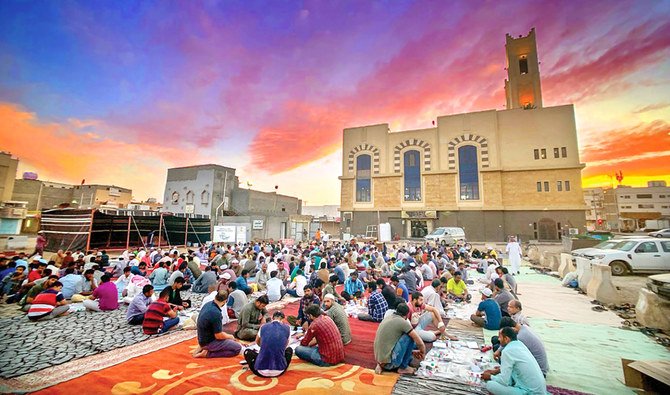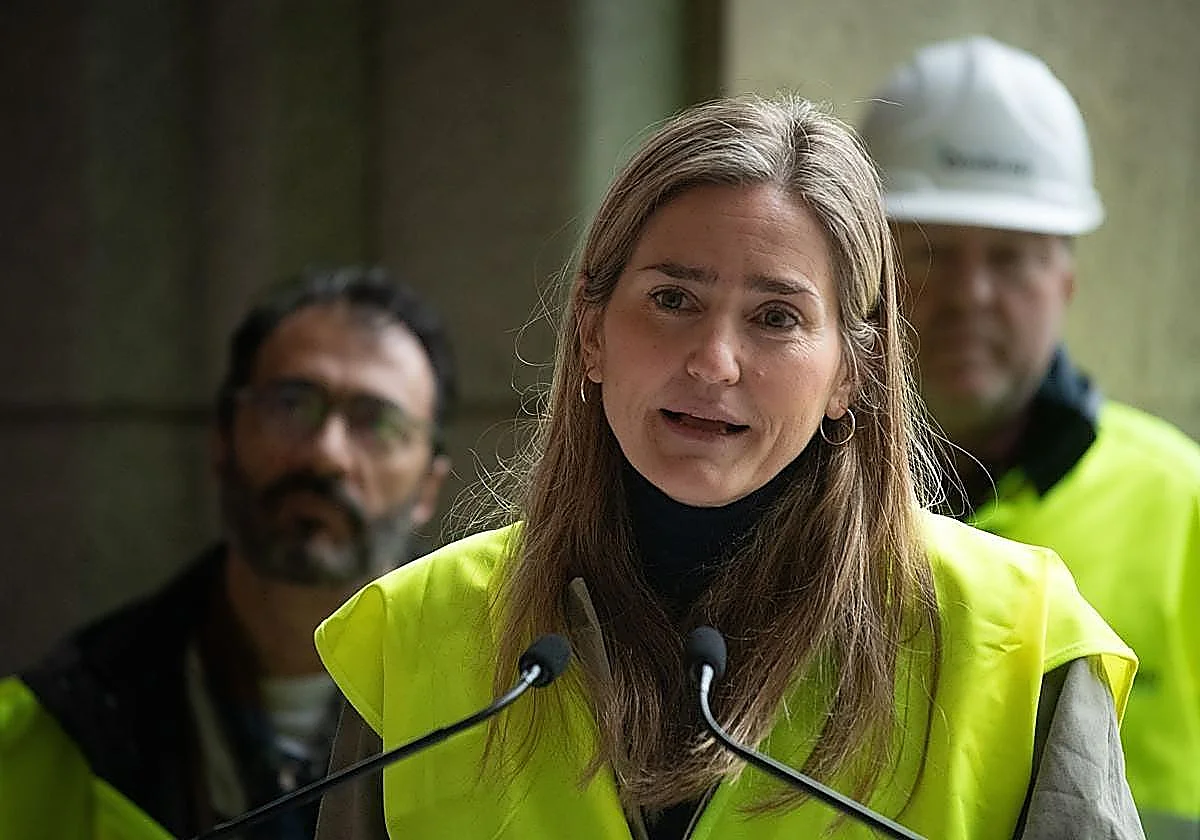Azerbaijan, in its relentless pursuit of sustainable development and environmental protection, has embarked on a multifaceted journey aimed at fostering a greener and more resilient future, encapsulated by a vision that seeks to set up national plans to assess technological solutions to climate change, develop energy reduction solutions and adaptive strategies for land use, and mainstream environmental considerations into economic policies. Azerbaijan is striving to ensure that global goals are aimed at ensuring people live in a healthy environment and protecting and improving the quality of the environment. From investments in renewable energy infrastructure to targeted interventions addressing internal ecological concerns, the country has embraced a holistic approach to environmental protection and sustainability.
Azerbaijan’s Ministry of Agriculture has bolstered the role of agriculture in the country’s economy and has proactively undertaken measures to boost the sector’s climate resilience and promote sustainable practices, concurrently preparing educational materials and action plans to communicate the impact of global environmental challenges, thus positioning Azerbaijan on the path towards becoming a greener country through concerted efforts spanning investments in renewable energy and endeavors to tackle internal ecological and environmental challenges.
Azerbaijan’s National Adaptation Plan process for climate change resilience 2021 has been a meticulously crafted adaptation plan to propel climate change adaptation actions in Azerbaijan across three priority sectors with a staunch focus on fortifying the government’s institutional, technical, and financial capacities to ensure the integration of medium- to long-term climate adaptation into Azerbaijan’s national development planning, as Azerbaijan is spearheading a paradigm shift towards a more sustainable and eco-friendly society.
As per the United Nations Sustainable Development Cooperation Framework (2021-2025), Azerbaijan has enhanced effective implementation of climate plans, agreements, and protocols in alignment with the country’s commitments under the Paris Climate Agreement, articulating the nation’s overarching goal of transitioning towards a more sustainable economy to shield its citizens from the adverse impacts of environmental degradation and climate change. Central to Azerbaijan’s environmental agenda is the pursuit of a clean and sustainable future, underscored by the National Program on Socio-Economic Development and the incorporation of sustainable development principles into state policies. The adoption of clean technologies across economic sectors and the promotion of environmentally sound practices epitomize Azerbaijan’s proactive stance towards environmental conservation.
Environmental Initiatives and Plans
At the heart of Azerbaijan’s environmental endeavours lies a vision of clean energy transformation, with ambitious targets set to increase the share of renewable energy sources in the country’s energy mix. Through landmark projects such as the development of solar and wind power plants, Azerbaijan seeks to harness its abundant natural resources to drive sustainable economic growth and reduce dependency on fossil fuels, aiming for a 35 percent reduction by 2030 and a 40 percent reduction by 2050, thus reaffirming its resolve to embrace sustainability as a cornerstone of its national agenda and thereby contributing to global efforts aimed at mitigating the adverse impacts of climate change.
President Ilham Aliyev’s ambitious leadership plans to transform the Karabakh and East Zangezur regions into a “Net-Zero Emission” Zone to fulfil the process of environmental conservation with the green energy potential of the liberated territories, thus positioning these regions as beacons of sustainability and resilience in the face of environmental challenges.
Azerbaijan has been actively engaged in international efforts to combat climate change, as exemplified by its hosting of the 29th Conference of the Parties to the UN Framework Convention on Climate Change (COP29) in November 2024. This global milestone underscores the country’s commitment to sustainable development and international cooperation in addressing climate-related challenges. Such an important global event will encourage Azerbaijan to enhance its environmental policies and initiatives, which is a leading example on the international stage for environmental sustainability.
The country’s carbon footprint extends beyond energy production, encompassing initiatives to promote sustainable transportation, green building practices, and waste management. Moreover, Azerbaijan’s commitment to biodiversity conservation and reforestation underscores its reverence for the natural world and its determination to preserve its rich ecological heritage through the establishment of national parks, wildlife protection programs, and reforestation projects to safeguard its unique biodiversity and combat desertification.
Azerbaijan’s initiatives towards sustainable development and environmental conservation exemplify a proactive and forward-thinking approach to addressing global environmental challenges. By embracing renewable energy, promoting sustainable practices, and advocating for biodiversity conservation, the country is laying the groundwork for a greener, more resilient future.

Ms. Hafsa Akram is Research Assistant at Pakistan Research Center for a Community with Shared Future (PRCCSF), Islamabad.












